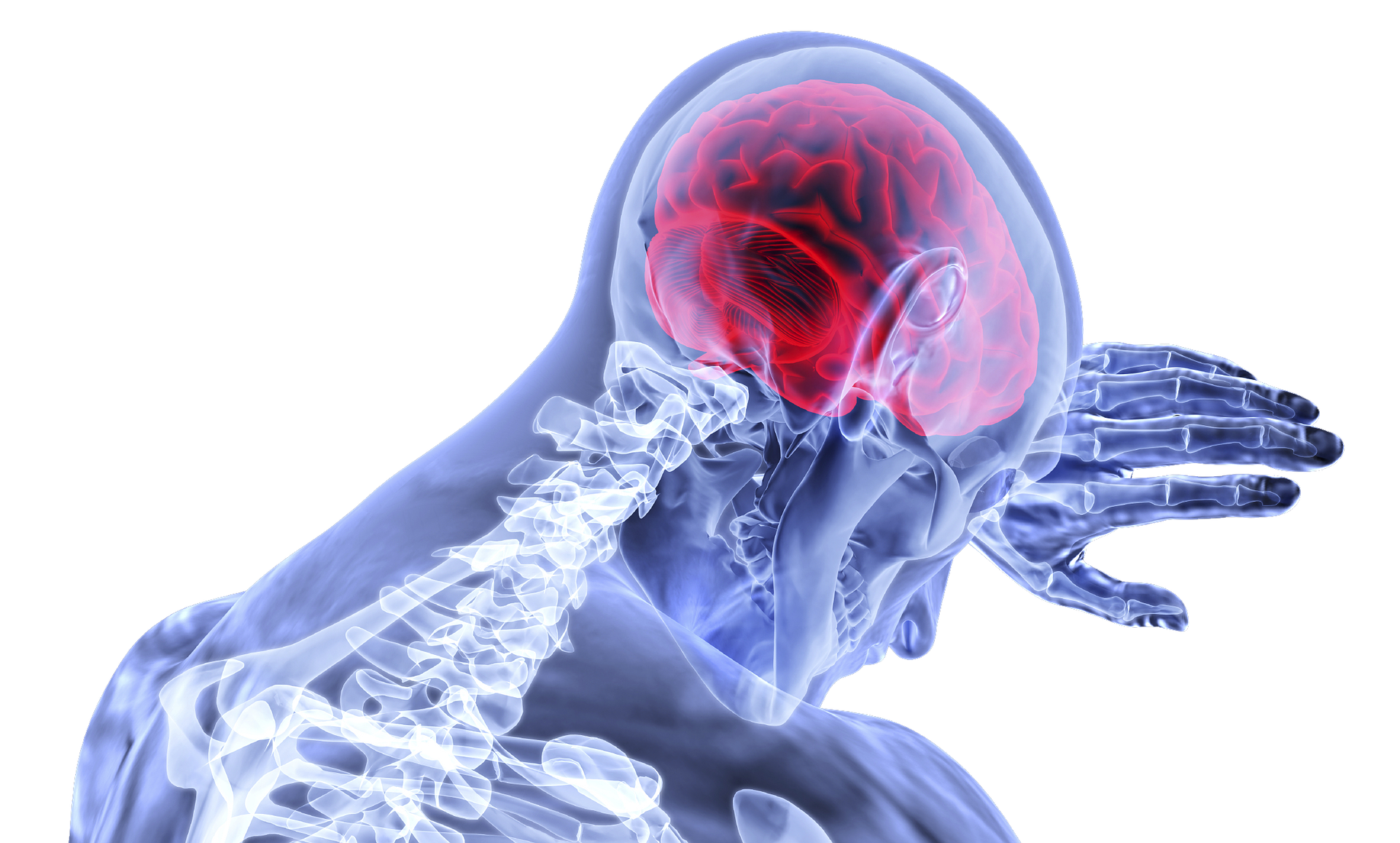A study in the summer of 2019 revealed the highest concussion rate ever reported in Ontario — 1.3 million concussions diagnosed between 2008 and 2016. That’s DOUBLE the rate originally thought.
Other results include the frightening statistic that children under the age of five experienced the highest concussion rate of all age groups, and that populations in rural areas suffer more concussions than those in cities, where most of the treatment centres are located.
The good news is that these new spiked numbers are most likely, the researchers say, due to increased awareness and better testing. This gives doctors more and more opportunities to develop better and more effective treatment methods. Advances in concussion and post-concussion syndrome research continue in leaps and bounds around the world. Let’s have a look at a trio of studies in 2019 that illustrate this point:
January 2019 – Concussion Effects in Real-Time
This revolutionary study was conducted with junior hockey players over the course of two seasons, co-authored by Canadian and American neuroscientists. Using a sensor-laden cap worn on the head, they measured “brain vital signs” of hockey players immediately after a concussive event on the ice.
Looking at how the brain responds to certain auditory information, they were able to compare these brain vital signs for each player for a series of four tests: Pre-season (baseline), immediately post-concussive event, after team concussion protocol cleared them to play, and again at the end of the season.
The results were alarming on a few fronts:
- “For concussed players, we saw very, very strong evidence of changes in their brain vital signs,” said Dr. Ryan D’Arcy of Simon Fraser U., and study lead author.
- “When they were cleared to return to play using the existing concussion protocol, we still detected residual impairments, particularly in their attention processing.”
- Even players who hadn’t suffered a concussion during the season showed impairment in brain function after the season, “suggesting some sort of sub-concussive impact due to the physical nature of the game,” said Shaun Fickling, another of the study’s lead authors from SFU.
The bottom line for the study authors is that this kind of knowledge will actually improve players’ fates in the future, along with others that suffer concussions: “You can’t treat what you can’t measure, and now that we can actually measure this in a sensible way, we can actually look at the most innovative treatments to shorten the timeline and get players back and into the game – but at full health,” said Fickling.
May 2019 – The Lingering Effects of Post-Concussion Syndrome (PCS)
An Australian study has made some significant discoveries about the debilitating lingering effects of PCS, using innovative technology to measure signals sent to and from the brain. They’ve revealed that some PCS symptoms, like significant levels of fatigue and slow reaction times, can persist for months or even years after a concussion.
“These results give doctors another opportunity to diagnose these persisting symptoms of concussion. And they give people who might be suffering the symptoms long after the initial trauma a good reason to get seen by a medical professional,” said concussion expert Alan Pearce, who headed the study.
June 2019 – Blood Markers That Can Detect Concussions Quicker
Closer to home, a group of University of Saskatchewan researchers has made unique discoveries on the concussion front. Currently, there are no x-rays or other imaging tests that an emergency room physician can use to diagnose a concussion quickly.
But now this team of researchers have discovered blood proteins, measured by a simple blood test, that can help detect a concussion or other brain injury quicker and more effectively than any current methods. That will lead to quicker and better treatments.
On top of that, the team has found that low-frequency magnetic stimulation, similar to that found in an MRI machine, can actually help improve certain cognitive and motor functions similar to those affected by a concussion.
The group still needs more funding to move forward in their research, and it’s still a ways off to be able to put it into use with humans, but lead researcher Changiz Taghibiglou says, “I can consider this a glimmer of hope that we will eventually have a solution for concussion.”
Help for those suffering concussions and other head trauma is in the offing, but if you or a loved one have been involved in an accident causing serious brain injury, you need professional help now. The team at Horowitz Injury Law are on the cutting edge of head trauma litigation, and they have the experience to help you get not only the compensation you deserve, but the comfort and medical attention needed as well. Brian A. Horowitz has been dealing with brain injury cases for nearly 35 years, and is ready to assess your case. Call us at 416-925-4100 for a free consultation.




